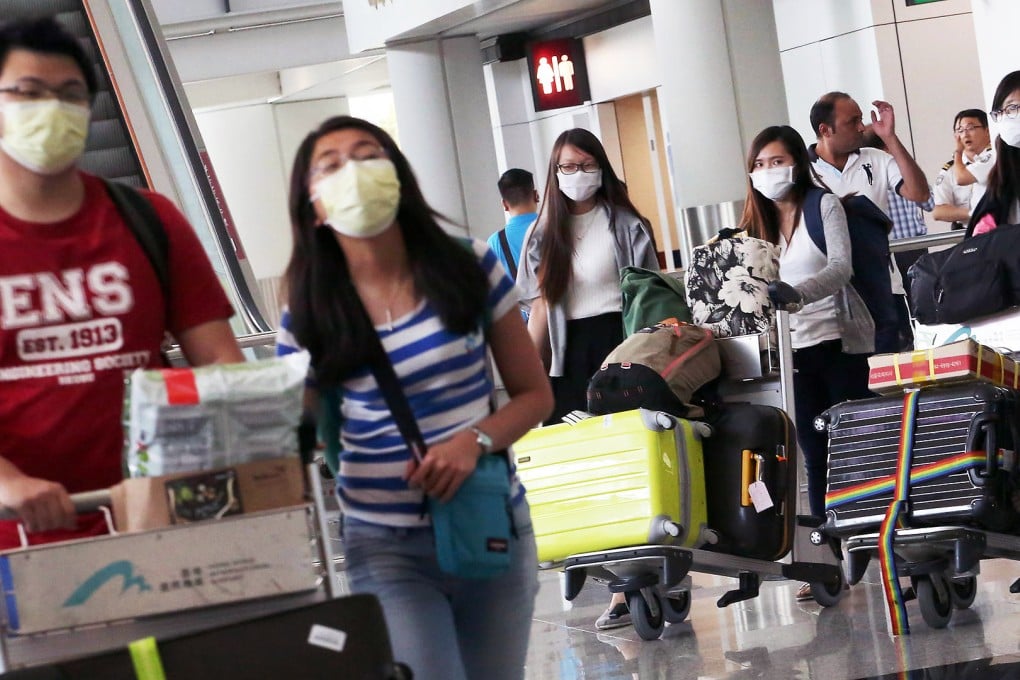China on guard against Mers despite lack of travel warning: experts
Mainland authorities have ensured the deadly virus will not spread and are confident of their robust epidemic control system

Mainland Chinese authorities have not issued any travel alert for South Korea over the Middle East respiratory syndrome (Mers) outbreak as they are confident of their robust epidemic control system, experts say.
Even as Hong Kong and Taiwan issued alerts advising people to avoid visiting South Korea - where 95 Mers cases have been reported and seven have died - authorities on the mainland have not followed suit.
The subdued reaction to the infectious disease compared with that in Hong Kong and Taiwan has raised questions over whether the mainland is doing enough to prevent the spread of the deadly virus, or if Hong Kong and Taiwan have over-reacted.
But mainland authorities say travel warnings are not a necessity in taking serious action to prevent Mers from spreading.
Experts say that after the severe acute respiratory syndrome (Sars) outbreak more than a decade ago, the mainland is now well-equipped to handle the spread of infectious diseases.
